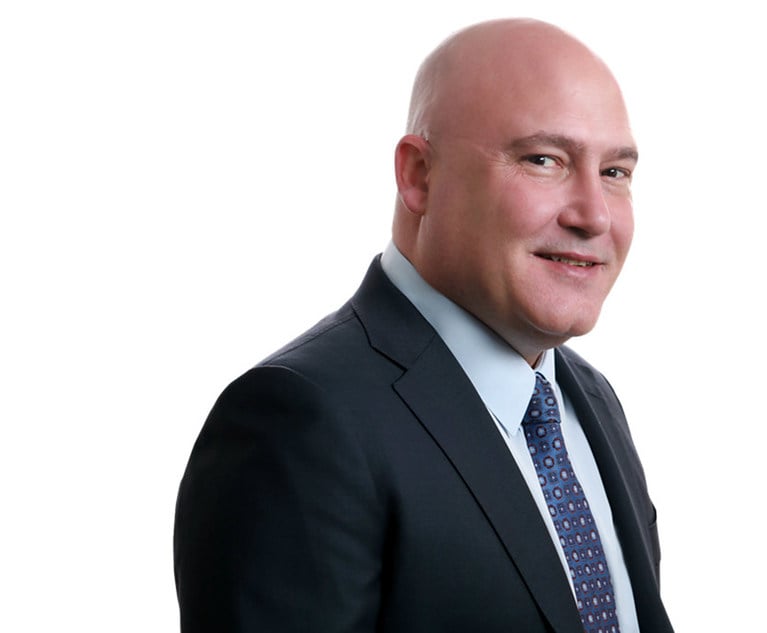A federal lawsuit is accusing the Florida Department of Corrections of unlawfully separating Florida inmates from their rightful property, namely, digital media they’d purchased in prison.
The class action filed in the Northern District of Florida on Tuesday charges the FDOC and its newly appointed secretary, Mark Inch, with violating Fifth and Fourteenth Amendment assurances of compensation and due process by confiscating music and books that Florida prisoners had bought.


 Dante Trevisani, with Florida Justice Institute.
Dante Trevisani, with Florida Justice Institute.





